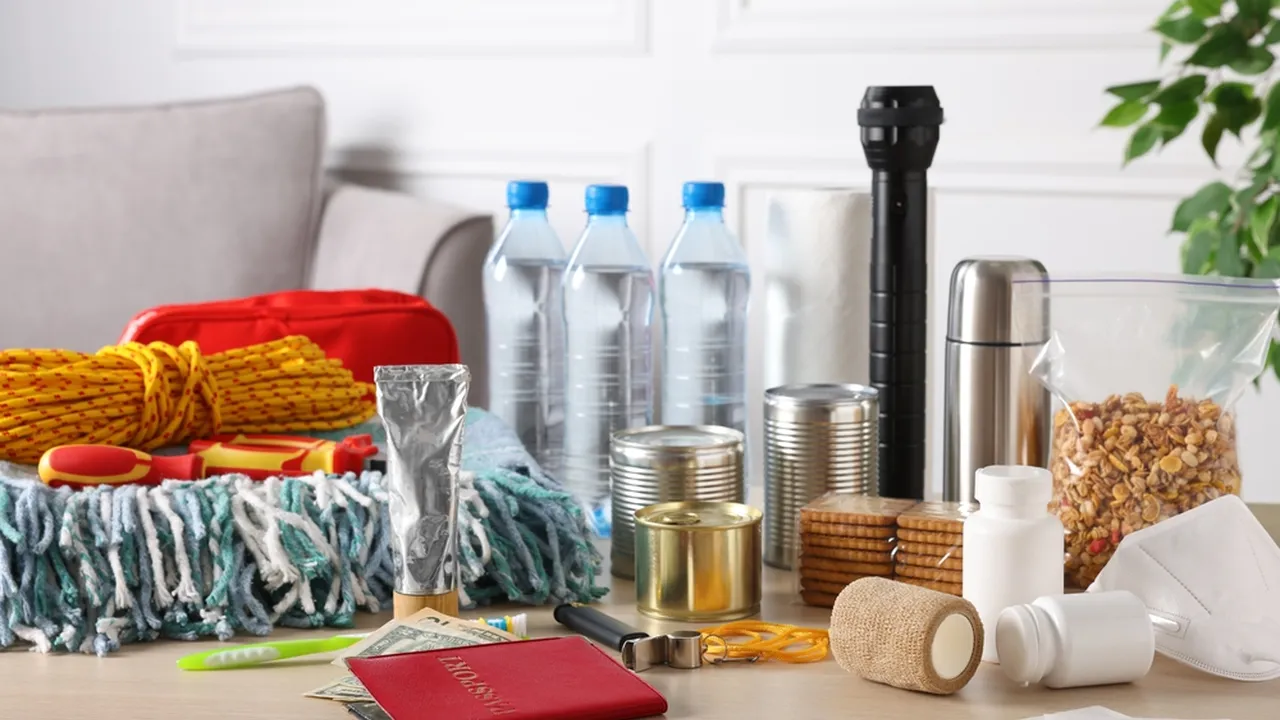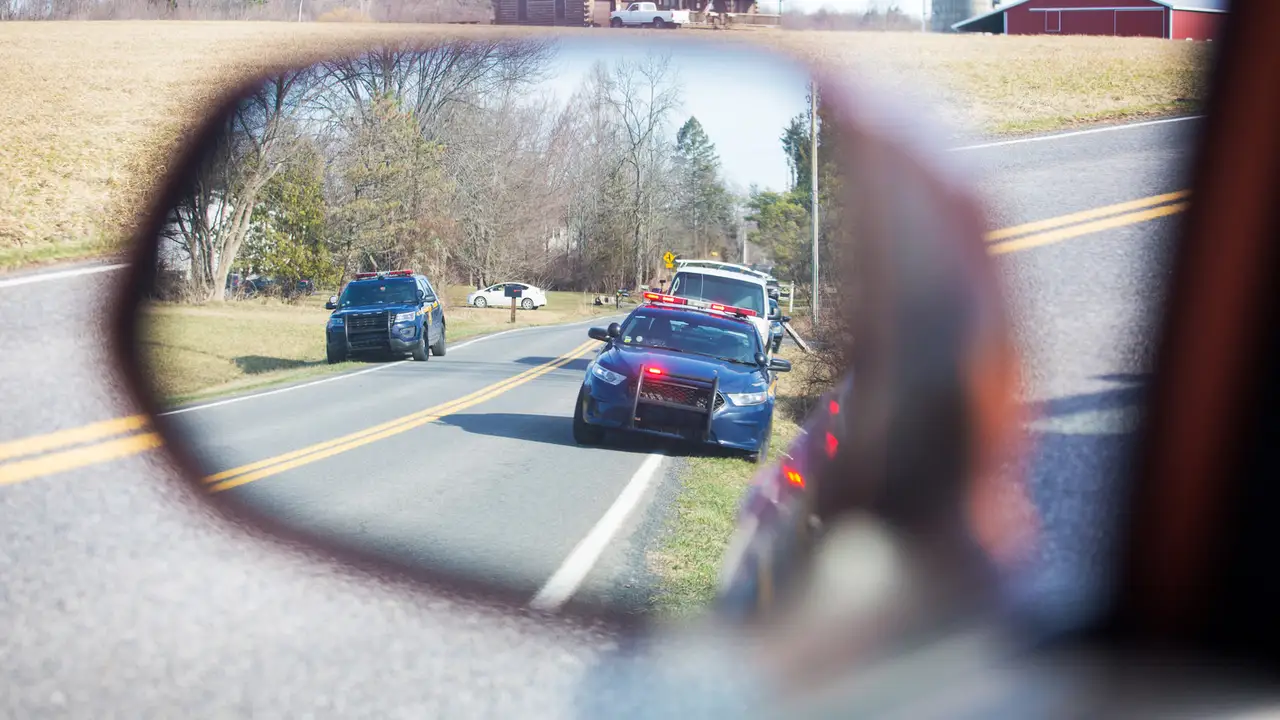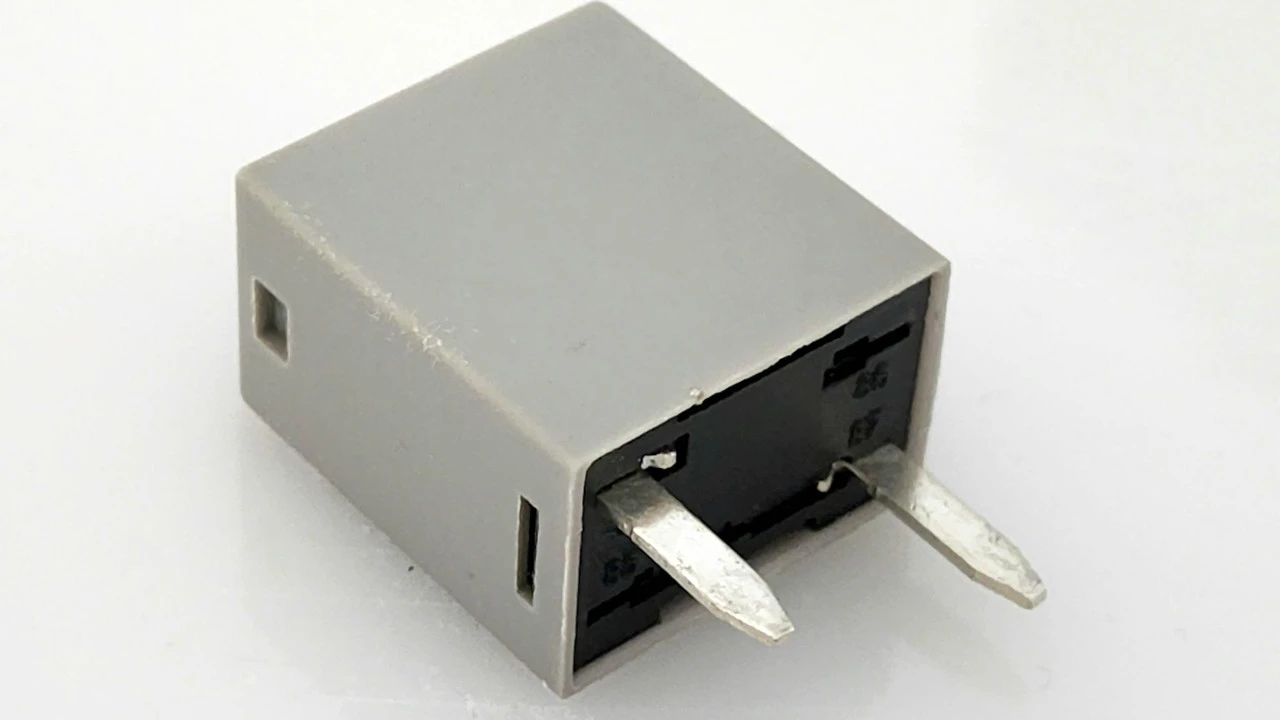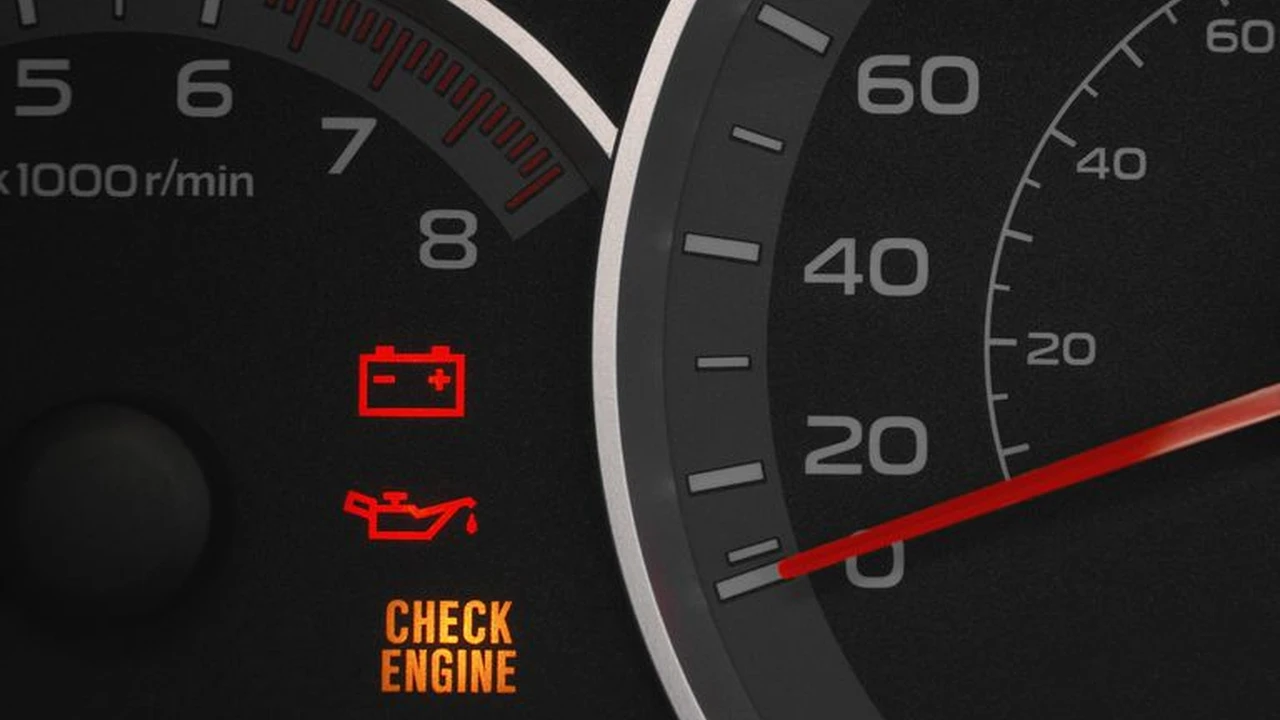Best Emergency Food and Water Supplies for Your Car

Why You Need an Emergency Food and Water Kit in Your Car Emergency Preparedness is Key
Let's face it, life throws curveballs. You might be cruising down the highway when a sudden snowstorm hits, leaving you stranded. Or maybe a flat tire in the middle of nowhere turns into a long wait for roadside assistance. That's where a well-stocked emergency food and water kit in your car can be a lifesaver. It's not just about convenience; it's about safety and peace of mind. Being prepared means you can handle unexpected situations without panic or discomfort.
Essential Food Items for Your Car Emergency Kit Calorie Dense Non Perishable Options
When choosing food for your emergency kit, think calorie-dense and non-perishable. You want items that will give you energy and won't spoil easily. Here are some top contenders:
- Energy Bars: These are compact, packed with calories, and come in a variety of flavors. Look for bars with a long shelf life and ingredients you enjoy.
- Dried Fruit: Raisins, apricots, and cranberries are great sources of energy and fiber. They're also lightweight and easy to store.
- Nuts and Seeds: Almonds, walnuts, sunflower seeds – these provide healthy fats, protein, and essential nutrients. Choose unsalted varieties to avoid dehydration.
- Crackers: Whole-wheat crackers are a good source of carbohydrates and can be paired with peanut butter or cheese spread.
- Peanut Butter or Cheese Spread Packets: These are easy to store and provide protein and fat. Look for single-serving packets to avoid spoilage.
- Jerky: Beef, turkey, or salmon jerky is a great source of protein and has a long shelf life.
Water Storage Solutions for Your Car Emergency Kit Staying Hydrated On The Go
Water is even more crucial than food in an emergency. Dehydration can set in quickly, especially in hot or cold weather. Here are some water storage options for your car:
- Bottled Water: The classic choice. Store several bottles of water in your kit. Check the expiration dates and replace them regularly.
- Water Pouches: These are more compact than bottles and can be a good option if space is limited. They also tend to have a longer shelf life.
- Water Filtration Straw: A LifeStraw or similar device can allow you to drink water from streams, puddles, or other sources if you run out of your stored water.
- Collapsible Water Containers: These are great for storing larger quantities of water and can be easily collapsed when empty to save space.
Product Recommendations for Emergency Car Kits Detailed Reviews and Pricing
Okay, so you know what to pack, but which specific products should you choose? Here are a few recommendations with details and pricing (prices may vary):
Food Recommendations
- ProBar Meal Replacement Bars: These bars are packed with nutrients and calories, perfect for sustained energy. They usually cost around $3-4 per bar.
- Kirkland Signature Trail Mix (Costco): A great value option for a mix of nuts, seeds, and dried fruit. A large bag typically costs around $20-25.
- Epic Provisions Jerky Bars: High-quality jerky bars made with grass-fed beef. A box of 12 usually costs around $30.
Water Recommendations
- Aquamira Water Treatment Drops: A reliable way to purify water from questionable sources. A bottle costs around $15.
- LifeStraw Personal Water Filter: A personal water filter that allows you to drink directly from streams and other water sources. Costs around $20.
- Emergency Zone Brand Water Pouches: These pouches are designed for long-term storage and are a compact option. A pack of 24 costs around $25.
Different Emergency Scenarios and Kit Usage Planning for Various Situations
Let's look at some scenarios and how your kit can help:
- Stranded in a Snowstorm: The food will provide energy to stay warm, and the water will prevent dehydration. If you have blankets in your car, these are crucial for preventing hypothermia.
- Flat Tire in a Remote Area: While waiting for help, the food and water will keep you comfortable. A charged phone and a roadside assistance plan are also important.
- Traffic Jam: Even a long traffic jam can be stressful. Having snacks and water on hand can make the experience much more bearable.
Comparing Different Emergency Food and Water Products Cost Shelf Life and Nutritional Value
Here's a quick comparison chart to help you decide which products are right for you:
| Product Type | Cost | Shelf Life | Nutritional Value | Pros | Cons |
|---|---|---|---|---|---|
| Energy Bars | $3-5/bar | 1-2 years | High calories, protein | Convenient, variety of flavors | Can be expensive, some are high in sugar |
| Dried Fruit | $5-10/bag | 6-12 months | High in sugar, fiber | Lightweight, good source of energy | Can be sticky, some people don't like the taste |
| Bottled Water | $2-5/pack | 1-2 years | Hydration | Readily available, inexpensive | Bulky, can freeze and burst |
| Water Pouches | $20-30/pack | 5-10 years | Hydration | Compact, long shelf life | More expensive than bottled water |
DIY vs Pre Made Emergency Car Kits Which Option is Best for You
You have two main options: build your own kit or buy a pre-made one. Both have their advantages and disadvantages:
- DIY Kit: You have complete control over what goes into your kit. You can choose the specific foods and water storage solutions that you prefer. It can also be more cost-effective if you already have some of the items on hand.
- Pre-Made Kit: These kits are convenient and take the guesswork out of assembling your own. They often include a variety of useful items beyond food and water, such as a first-aid kit, flashlight, and blanket. However, they can be more expensive than DIY kits, and you may not like all the items included.
Storing Your Emergency Kit in Your Car Optimal Placement and Temperature Considerations
Where you store your kit in your car is important. Here are some tips:
- Trunk: A good option for keeping your kit out of sight, but it can be difficult to access if you're stranded in a snowstorm.
- Under the Seat: A convenient location for easy access, but space may be limited.
- Backseat Organizer: A good option for keeping your kit organized and within reach.
Be mindful of temperature extremes. Avoid storing your kit in direct sunlight or in areas that get extremely hot or cold. Heat can degrade food and water, and freezing temperatures can cause water bottles to burst.
Regular Maintenance of Your Car Emergency Kit Checking Expiration Dates and Replacements
Don't just assemble your kit and forget about it! Regular maintenance is essential. Here's what you need to do:
- Check Expiration Dates: Replace food and water that has expired.
- Inspect Packaging: Make sure that food and water containers are not damaged or leaking.
- Replace Used Items: If you use anything from your kit, be sure to replace it promptly.
- Rotate Stock: If you have items with shorter shelf lives, rotate them into your regular food supply and replace them with fresh items.
:max_bytes(150000):strip_icc()/277019-baked-pork-chops-with-cream-of-mushroom-soup-DDMFS-beauty-4x3-BG-7505-5762b731cf30447d9cbbbbbf387beafa.jpg)





